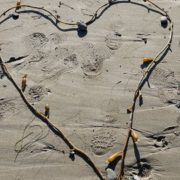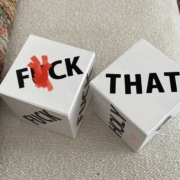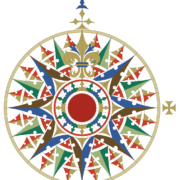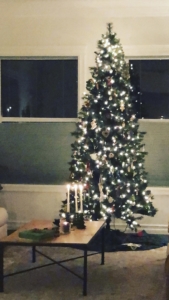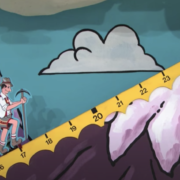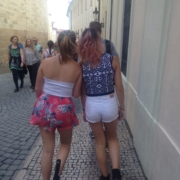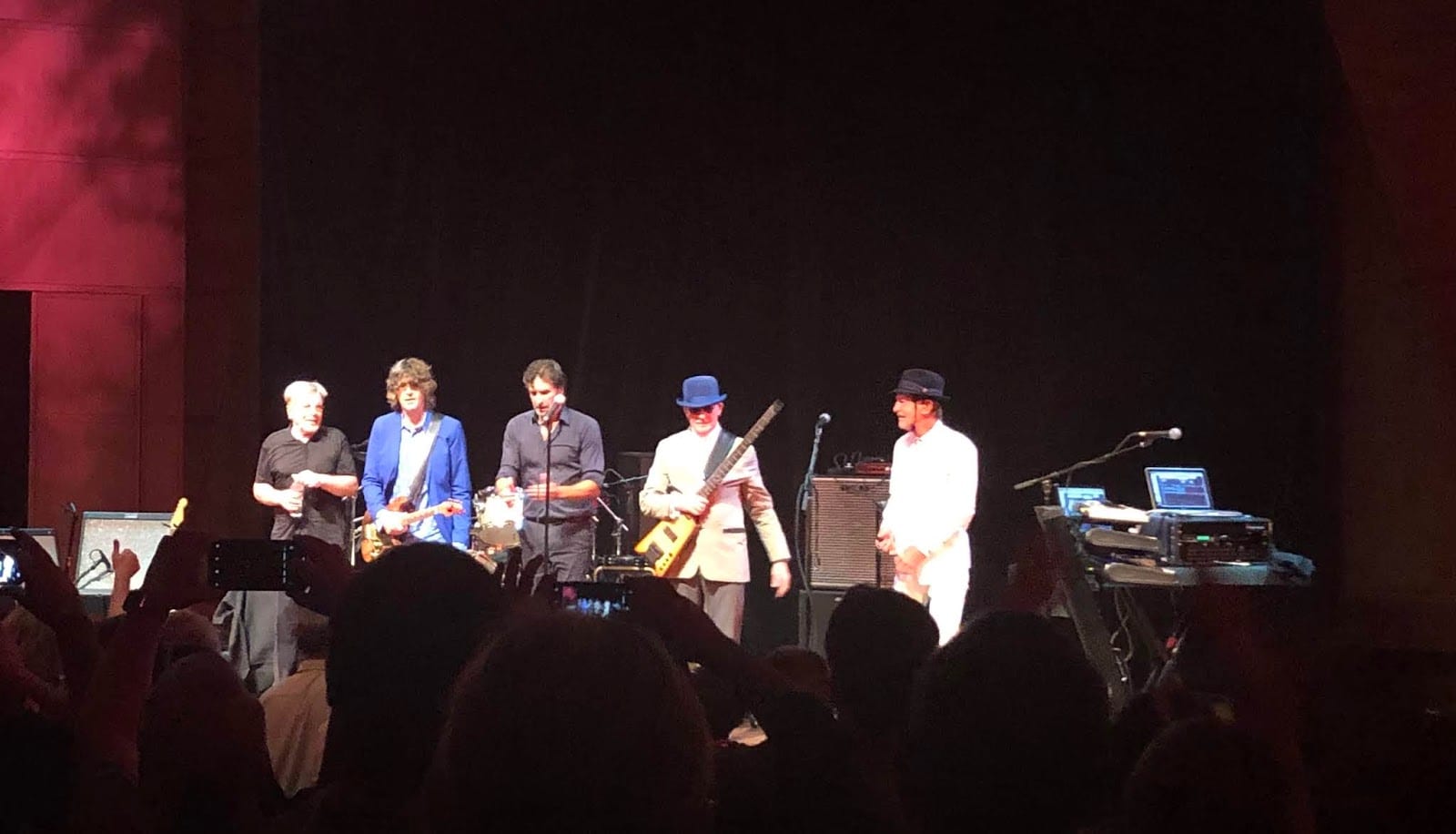
This time of year always means I think about capitalism more than I normally do. And this year has been one where I have been more acutely aware of capitalism than ever in my life, so you might imagine that my brain is pretty full right now.
I love this time of year because I often spend it poking through local shops for hours, hoping to find fun, quirky little things to tuck inside my kids’ Christmas stockings. For some reason, over the years, stockings have become my ‘thing,’ and it often means that the contents spill outside of the knitted socks and have to be carried to the girls with two hands. As a kid, our stockings were filled with walnuts and hazelnuts (that we took great delight in using the nutcracker to shell and then discarded shortly afterward), mandarin oranges, and, on a good year, an entire book of Life Savers rolls. I have strayed far from that tradition, to be sure.
Whether it was designed cleverly or just worked out that way, there is a reason capitalism has deep hooks in us that take effort to remove. But for me, the first step in that unhooking is an honest evaluation of how capitalism is antithetical to health and well-being.

Screen shot of the Cliffhanger game on The Price is Right
As a system, capitalism was sold to us as something sustainable, and it is ridiculous that we believed it. There is no way anything can grow and grow without ever hitting a wall – it will either consume all of the resources around it or collapse on itself or both, which is what I think we are experiencing right now. We are led to believe that the stock market can keep hitting higher highs, that businesses can increase their profits year over year, and that we can make more money every year if we just work hard enough. Like any system, growth can happen to a point, but there is nothing that can grow forever, and human beings weren’t designed to grow and grow and grow without rest.
Capitalism is the opposite of health and well-being because it forces us to value things that are external – more shoes and clothes, a bigger paycheck, a new car every few years. But external values are things over which we have no control – we could get downsized or fired tomorrow, those things we buy can fall apart quickly, the housing market can explode so that we’re not able to afford our home anymore. Capitalism taps into our basic human need for security, but it doesn’t provide it – in fact, it keeps us constantly searching and believing that we will never truly be secure unless we are earning more and spending more. Capitalism also taps into our basic human need for autonomy, but that, too, is an illusion. Sure, we get to make choices about where we work and live and the things we buy, but only to a point, because under this system, we are never truly in charge of our own lives – not if the things we value are external.
Capitalism is also something that keeps us in fear. It relies on workers being expendable and interchangeable, which means that we as workers are always competing with each other ever so slightly more than we are cooperating. And because fear is a barrier to relationship, it means that we can’t ever hope to truly build strong, sustainable networks or communities under capitalism. Capitalism is threatened by unions (read: relationship), and relies on workers believing that they need to constantly fight to do better, be more visible, climb over their co-workers. It sells us the illusion that it’s possible to continually make more money, achieve more success, get a better position, but the slots at the top narrow so rapidly that it’s impossible for that to be reality.
Capitalism gave us disposability because it relies on it. Single-use items mean that we are constantly needing to purchase replacements. It’s not an accident that Apple comes out with a new version of the iPhone every single year, each with a slightly new set of features. That’s by design – businesses need us to want the newest thing in order to make their sales goals. Capitalism is just another one of the systems that has successfully adapted to center itself over time so that the most important thing is capitalism. It’s why we talk about “the economy” in every political debate, it’s why we fight to send our kids to a “good college” so they can get a “good job” that pays well enough for them to buy cars and homes and trips and clothes. It is why boards of directors are fearful of poor sales and offer dividends to shareholders. It is why wages are kept artificially low and we have no universal healthcare. Capitalism is so all-encompassing that non-profit organizations have bent to its rules, insurance companies are not in the business of taking care of people’s health but are vitally interested in their own profits, school systems have formed their curricula around the kinds of things that will ensure kids get into four-year colleges rather than focusing on learning skills and cultivating passions. There are many systems in this country that are powerful and broken, but capitalism is the one steering the ship, and we all just keep shoveling coal into the steam engine.

Like all systems, I am reminded that the antidote to capitalism is relationship. When we can fight the urge to live in fear and build strong, connected communities, we can begin to release ourselves from the grip of capitalism. Capitalism is the reason so many people in the US are going hungry, and new systems (food banks) won’t fix it. If they could, they would have done so already. But relationship helps. The dozens of small, community-based mutual aid groups in my area alone that have mobilized to cook meals, deliver food, raise cash, and source items for people in need are combating food insecurity better and faster than bureaucracy ever could (even as they fight bureaucracy in order to do the work they do).
Building authentic relationships rooted in trust and love takes time, to be certain. It takes effort and a willingness to examine our fears and biases and tendency to see other people as competitors. We have to be willing to be a little bit afraid or at least a little uncomfortable, and forge ahead, knowing that relationship and community are what truly meet our basic human needs for safety, security, feeling valued, and having an impact. When we build communities whose values are intrinsic, we are necessarily reinforcing the belief that all of us are important, none of us is disposable, and that there is enough to go around so long as we cooperate. Living under capitalism means that millions of people go hungry while billions of pounds of food goes to waste. It means that business executives make and hoard more money than they could ever use while other people live on pennies a day. It means that workers spend dozens of hours a week doing jobs they hate because it is the only way they can feed their families and keep their health insurance.
Unions don’t threaten the health and well-being of companies or executives, they threaten to upset the imbalance of wealth between workers and executives. When the biggest argument against any sort of pay increase or new benefit for people is that it “costs too much,” we have become far too focused on money. If we are more concerned with the stock market rising or falling than we are about people living on the streets in cardboard boxes and the hours’ long lines at food banks, we have succumbed to the lure of capitalism to our detriment. It is true that money is necessary to survive, but only because we made it that way. It is possible to do things differently.
When we are in relationship with one another and really rooted in the values of community, dignity, respect, and safety for all of us, the values of capitalism begin to fall away. I don’t have to fear you or be in competition with you if I trust that our connection is about both of us being well and cared for. Systems like capitalism rely on hierarchies – someone has to be “in charge” and then there are layers of folks beneath that, all with an assigned ‘worth’ in the form of pay. Relationships suffer under hierarchies. If I think that I am more important or worthy than you, we will never have an equal, honest, loving relationship. But when we can build communities that acknowledge that we all have things to offer the group and that we all deserve to ask for support where and when we need it, there is no scarcity, there is trust, and there is safety.
Capitalism falls apart when we aren’t competing with each other for jobs, for goods and services. Capitalism falls apart when we acknowledge abundance. Communities thrive with a belief in abundance. The truth is, there is enough to go around, but we have built a world view that doesn’t acknowledge that. We have built economies that rely on scarcity to drive up the cost of goods so that those at the top of the hierarchy benefit, and when the cultural values are about having an abundance for yourself, the notion that any one of us could find ourselves rolling in piles of money or sitting in a house whose garage is full of more cars than we can drive is seductive. Even though the vast majority of us will never attain that, because we’ve been taught that that ideal is achievable if we just work hard enough, we hold out hope. But we all know people who work hard every day and are nowhere near owning their own home.
Capitalism is rooted in individualism, which means not only that we have to compete with each other, but that we feel as though our failures are our own and not the way the system is designed. We blame ourselves for not working hard enough, for not finding the right mentor, for not having the right college degree. We resolve to try harder, get more financially literate, get more connections on LinkedIn.
Ultimately, it is only in relationship where our most basic psychological needs are met. And in a world where the material goods are plenty, it is relationship that threatens capitalism the most. Talking to each other about our respective rates of pay, our experiences with toxic workplace culture, and our ideas for how to band together to create more support for all workers begins to erode the scarcity mentality. When we come together in relationship and our psychosocial needs are met, we might discover that buying more things isn’t really all that soothing after all. We might discover that the system is set up for the sake of the system and that it doesn’t really care about us or the environment. We begin to acknowledge that capitalism is designed to make us believe that there will never be enough, and we begin to realize that human beings can’t thrive in a system where we are forced to always strive for more and compete with each other more than we cooperate.
So while I will continue to carefully select gifts for my beloveds this time of year (and probably spend more money than I ought to), I will also do my part to build community, to strengthen relationships, and to help those around me acknowledge their worth outside of their employment or the size of their paycheck. I will fight against the tendency to value things that the system tells me I should value and I will put my energy toward dismantling this broken system that holds so many hostage and erodes our connections to each other.
